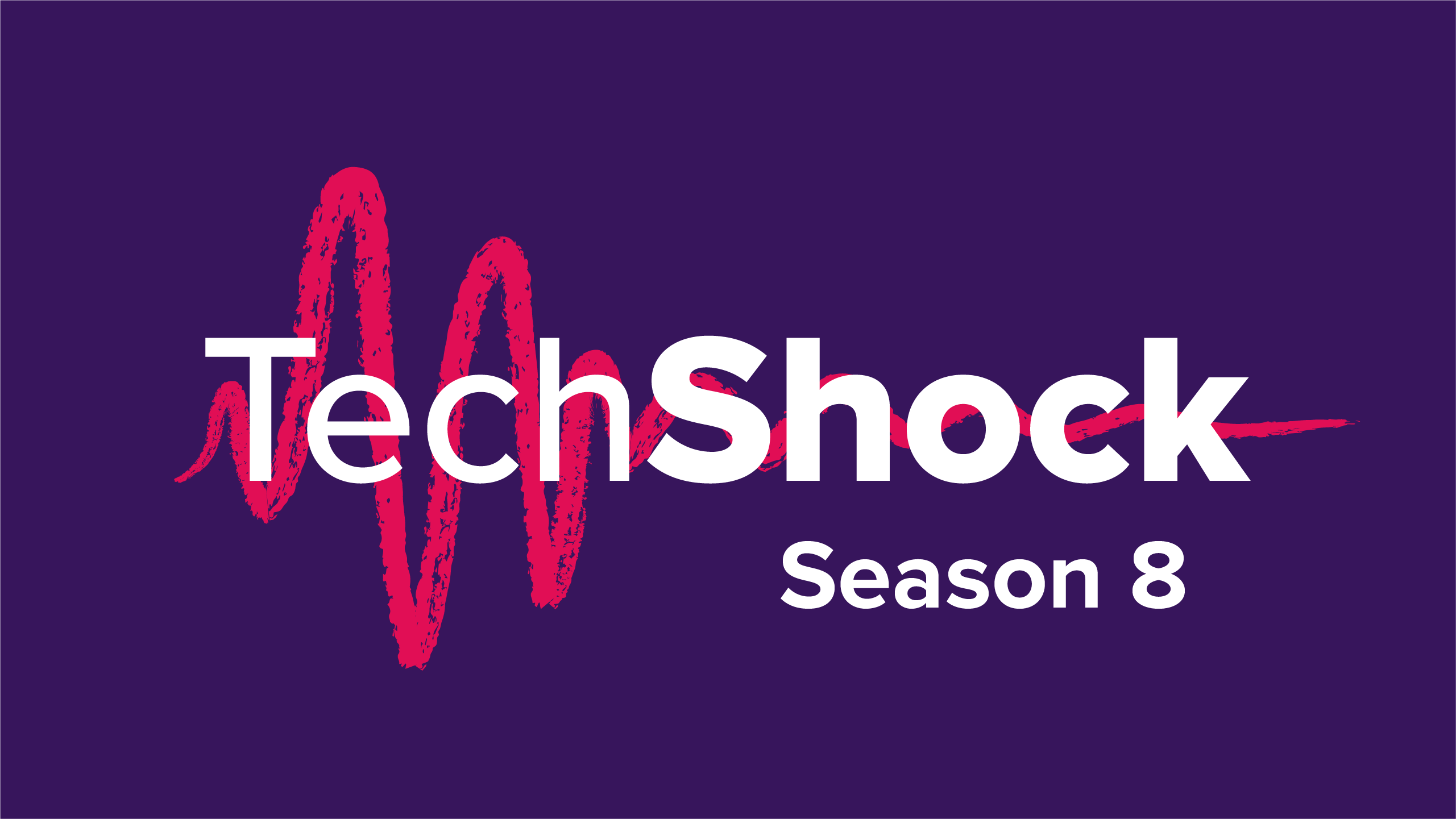Dave Presky: Digital play within the curriculum
In this guest blog, Research Partner Network member Dave Presky, Head of Computing and a Specialist Leader of Education for Computing and e-Safety at York House School, looks at the importance of digital play; a vital aspect of online education that is currently being overlooked.
![]()
In education, we strive to prepare our students for their future – and that means for a future life online.
Online safety is a core part of the Computing curriculum, as well as being taught within other subjects. But despite specific new digital content in the RSE curriculum, one area remains unacknowledged: the application of digital skills.
It’s not enough to simply teach children what they should – and shouldn’t – do online. It’s vital that they also have the opportunity to put these skills into practice in a safe way. Otherwise their online safety learning risks being disconnected from their wider lived experience.
Schools sanitise the online world
School networks’ security systems work hard to sanitise, filter and monitor the digital world. Sharing educational resources for home and subject-specific community engagement is commonplace.
In contrast, our children’s wider digital lived experiences tend to be trend driven, gravitating towards popular games and apps, whose age ratings are often a grey area.
Although the internet at large boasts a wealth of positive opportunity, it is unregulated – allowing many undesirable possibilities which would not sit easily within the education system. As a result, in their digital exploration outside of school, students often face scenarios which can prove uncomfortable, and concepts that are beyond their social development.
Safe digital playgrounds
Within the physical world, we nurture student’s relationships and collaborations, progressively designed and evolved through Key Stages to foster age-appropriate interactions. When they struggle, we scaffold; when they fail, we review and recover. This all takes place within the safe environment of school, guided by informed professionals and mindfully supported by the wider community – parents included.
With this in mind, we need safe digital playgrounds, where our students can stumble and scratch their knees: make mistakes, recover and build resilience, through moderated experience, without the fear of longer-term consequences. After all, resilience is best embedded through experience.
Digital play in the classroom
What might digital play look like in the classroom? One example could be managed, safe blogging environments, which would provide opportunities to collaborate, write for purpose and fine-tune communication styles and content. They would offer safe, mediated spaces for educators and students to express themselves, debate, persuade, comment and respond respectfully and appropriately.
Such environments are also well-placed to practise conflict resolution, ask for help and learn from experiences.
And just as online safety has become a part of RSE, there is a clear cross-curriculum link to Literacy, to further weave digital skills into wider school priorities.
Overcoming barriers
Such resources do already exist as limited simulations and sandboxes – but often prove too costly. Schools struggle to afford and maintain the equipment, skills and resources to create and maintain a stimulating and relevant digital environment.
We must also be mindful of barriers within communities and the education system. Many Senior Leaders who greatly value their student’s digital development struggle to prioritise it due to the greater weighting of more pressing educational priorities.
Limited digital access adds another layer of complexity. Many schools, staff and families struggle to afford or maintain internet-enabled devices. With this in mind, published content might also prove useful to develop transferable critical thinking – though this is by no means a substitute for hands-on digital experience.
Playing together online
Periods of lockdown, school closures and home learning during the Covid-19 pandemic accelerated childrens’ engagement in the digital world. The need for deeper, ongoing, progressive child-centred digital education is growing in relevance and necessity.
Playing together within a simulated environment would allow students opportunities to face challenges, make choices and learn from mistakes – all important parts of building digital resilience.
Listen to Parent Zone's podcast, Tech Shock.
Find out more about the Research Partner Network
Our Research Partner Network brings together delivery organisations, academics and Parent Zone’s own research, creative and digital teams, to explore ways of building different organisations’ capacity so that they can better support families in a digital context. Read more and find out how you can get involved.
Working closely with each delivery partner, we identify an existing or emerging challenge that impacts their community directly – or the organisation’s ability to serve them as needed. We then explore how we might meet this challenge, through adapting and testing existing Parent Zone products, carrying out further research and developing new solutions.
If you would like to join the Parent Zone Research Partner Network, want to find out more about the challenges or are interested in helping us in any other way, please contact cliff@parentzone.org.uk
Latest Articles

The Tech Shock podcast – the 'wicked problem' of child financial harms
This week Vicki is joined by PUBLIC's Maya Daver-Massion and Zixuan Fu to unpack child financial harms.

The Tech Shock podcast – has media literacy’s time finally come?
Vicki and Geraldine are joined by Professor at Bournemouth University, Julian McDougall, to discuss all things media literacy.

The Tech Shock podcast – the emerging gender divide
Rosie Campbell, professor of politics and director of the Global Institute of Women's Leadership at King's College London, joins Vicki to discuss gender and online life.
